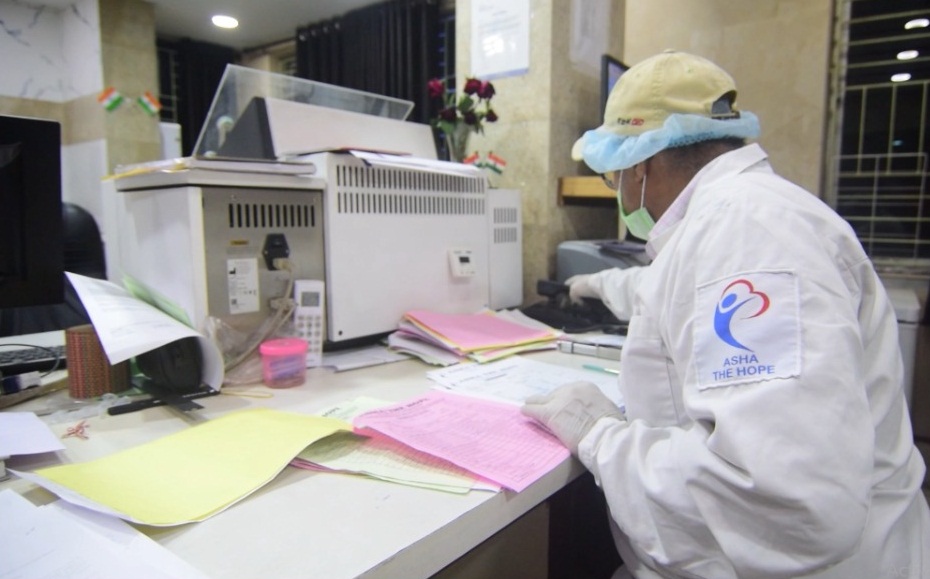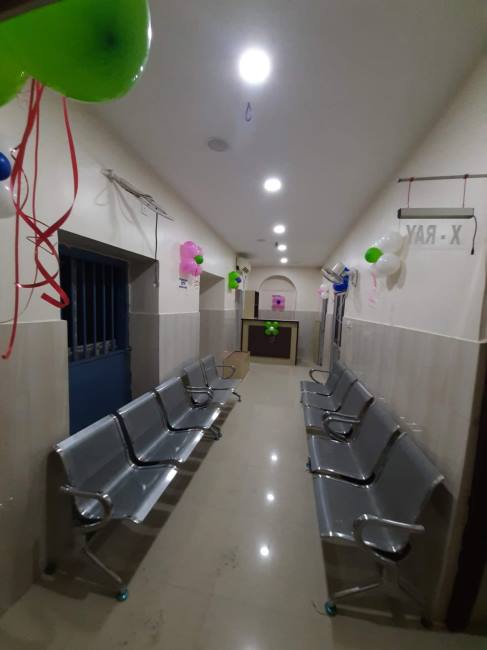General Surgery & Laparoscopy Surgery in Barasat are two interconnected fields within the medical profession, focusing on different approaches to treating various surgical conditions.
General Surgery
General surgery is a broad surgical specialty that deals with the diagnosis, preoperative, operative, and postoperative management of patients with a wide range of conditions. General surgeons are trained to manage diverse surgical issues, including:
- Abdominal Conditions: Such as appendicitis, hernias, gallbladder surgeries, and bowel obstructions.
- Breast Surgery: Including biopsies, lumpectomies, and mastectomies.
- Vascular Surgery: Involving conditions like varicose veins and peripheral artery disease.
- Endocrine Surgery: Such as thyroid and parathyroid surgeries.
- Trauma Surgery: Managing traumatic injuries and emergency surgeries.
- Oncologic Surgery: Removal of tumors and cancerous tissues.
- Colorectal Surgery: Treating diseases of the colon, rectum, and anus.
Laparoscopic Surgery
Laparoscopic surgery, General Surgery & Laparoscopy Surgery in Barasat also known as minimally invasive surgery (MIS), involves the use of small incisions and specialized instruments, including a laparoscope (a thin, lighted tube with a camera). This type of surgery offers several advantages over traditional open surgery:
- Reduced Pain and Scarring: Smaller incisions result in less postoperative pain and minimal scarring.
- Shorter Hospital Stay: Patients often recover faster and spend less time in the hospital.
- Faster Recovery: Due to less trauma to the body, patients can resume normal activities sooner.
- Reduced Risk of Infection: Smaller incisions decrease the likelihood of infection.
Laparoscopic procedures are commonly used for:
- Gallbladder Removal (Cholecystectomy): A common laparoscopic procedure for treating gallstones and gallbladder disease.
- Appendectomy: Removal of the appendix in cases of appendicitis.
- Hernia Repair: Fixing various types of hernias, such as inguinal and umbilical hernias.
- Bariatric Surgery: Procedures like gastric bypass and sleeve gastrectomy for weight loss.
- Colorectal Surgery: Treating diseases of the colon and rectum, including cancer and diverticulitis.
- Gynecologic Surgery: Such as hysterectomy and ovarian cyst removal.
- Diagnostic Laparoscopy: Used to examine organs inside the abdomen and assist in diagnosing conditions.
Integrated Approach
Many surgical conditions can be treated using both general and laparoscopic surgery techniques. Surgeons often decide on the best approach based on the patient’s condition, the complexity of the surgery, and the anticipated outcomes. The advancements in laparoscopic techniques have significantly transformed the field of surgery, providing patients with safer, less invasive options for many conditions previously requiring open surgery.
Conclusion
General surgeons and laparoscopic surgeons work together to provide comprehensive surgical care, leveraging the benefits of both traditional and minimally invasive techniques. This integrated approach ensures patients receive the most effective treatment tailored to their specific needs, promoting better outcomes and quicker recoveries.


